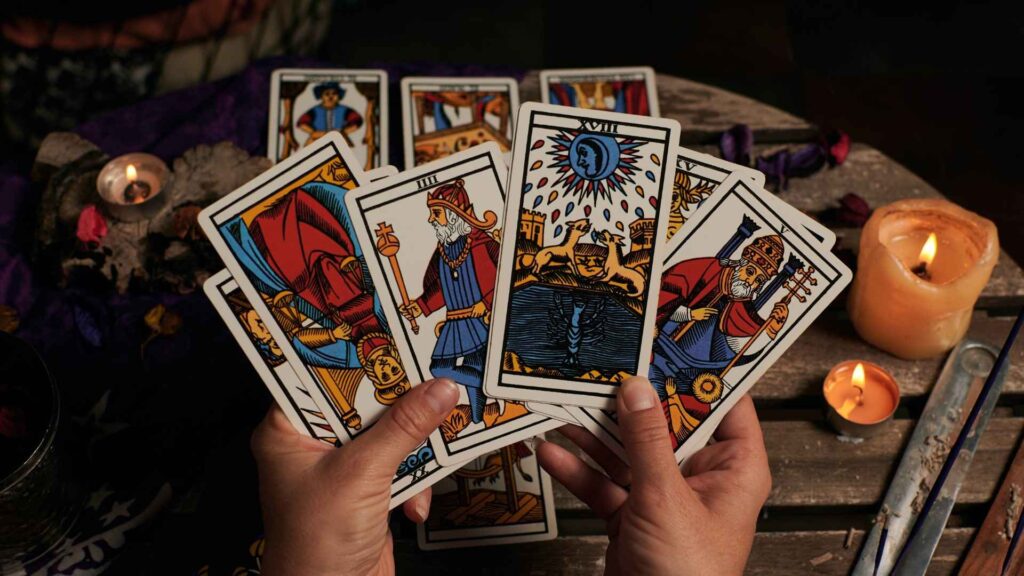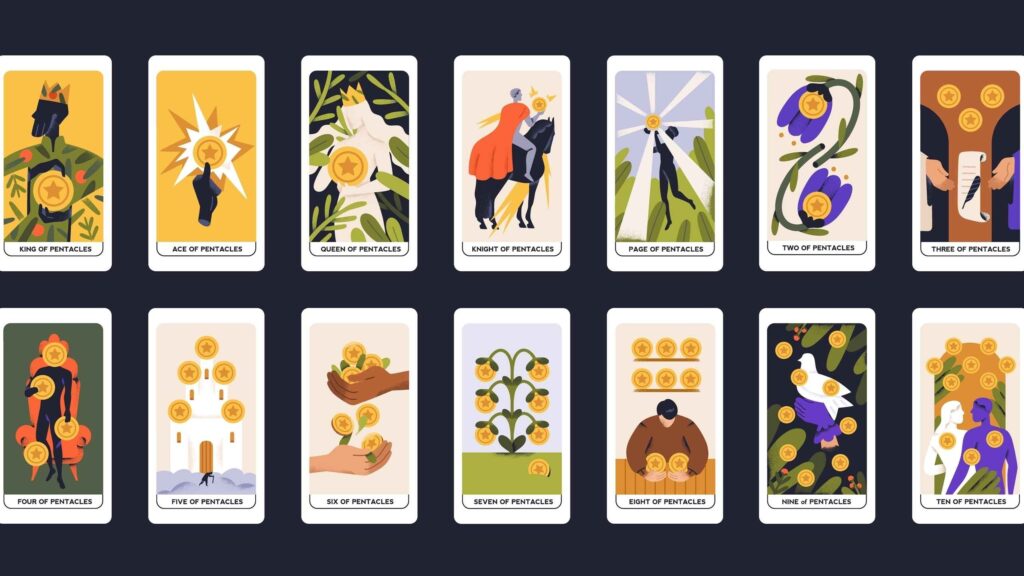The debate around whether tarot cards are evil is complex, with perspectives varying widely depending on religious beliefs, cultural backgrounds, and personal experiences. Here’s a comprehensive exploration of the topic, synthesizing insights from multiple sources:
Religious and Biblical Perspectives
Many Christian interpretations, as discussed on Crosswalk, argue that tarot cards and divination are contrary to biblical teachings, citing verses from Leviticus and Deuteronomy that forbid practices like divination and consulting spiritists as detestable to God.
The argument is that tarot cards, as a form of divination, open individuals to occult influences and are seen as bypassing God’s will, attempting to access supernatural guidance in a way that mimics divine prophecy, which is considered dangerous and sinful.
Alternative Views on Tarot
Conversely, other perspectives argue against the notion that tarot cards are inherently evil. On websites like Biddy Tarot and Horoscope.com, tarot is presented as a tool for self-reflection, personal growth, and a means to connect with one’s intuition.
These sources emphasize that tarot cards themselves hold no power; rather, they serve as a medium through which individuals can tap into their subconscious and the symbolism within the cards to gain insights into their lives. The intention and use of the reader play a significant role in whether the cards are used for positive or negative purposes.

Tarot’s Connection to Witchcraft and Divination
There’s a distinction between tarot and practices like witchcraft, with some sources clarifying that while some witches may use tarot as a tool, not all tarot reading is witchcraft. Tarot is described as a form of cartomancy, or divination using cards, but not necessarily an act of witchcraft which involves manifestation and spellcasting.
Furthermore, the history and purpose of tarot are often misunderstood, with its origins in game playing and its evolution into a tool for divination being conflated with more sinister connotations by popular media and religious condemnation.
Psychological and Therapeutic Uses of Tarot Cards
The psychological and therapeutic uses of tarot cards are increasingly recognized for their value in mental health practices. Licensed therapists, like Emilea Richardson, utilize tarot cards not for traditional divinatory purposes but as a tool for enhancing therapy sessions. Tarot cards, with their rich imagery and symbolic stories, serve as a medium to explore clients’ personal narratives, emotions, and subconscious thoughts. The process is less about predicting the future and more about using the imagery on the magic cards to facilitate self-awareness, reflection, and discussion.
By connecting with the metaphorical and archetypal content of the cards, clients can uncover new perspectives on their challenges, enabling them to address their issues more effectively. This approach combines the psychological depth of tarot imagery with therapeutic techniques to help clients navigate their mental health journeys, offering a unique pathway to understanding and healing.
What’s the Bottom Line?
From a Christian perspective, tarot cards are often viewed negatively, as they are associated with divination, which is considered contrary to Biblical teachings. Scriptures such as Leviticus 19:26, Leviticus 19:31, and Deuteronomy 18:9-12 are cited to argue against the practice of divination, including the use of tarot cards, stating that such practices are detestable to the Lord and warning against turning to mediums or spiritists.
Conversely, other perspectives argue that tarot cards themselves are not inherently evil or dangerous but are tools that can reflect the user’s intentions and perspectives. Tarot cards are seen as a means to tap into intuition, offering a symbolic narrative that can aid in personal reflection and decision-making. The belief here is that tarot cards, like any tool, can be used for positive or negative purposes depending on the intention of the user.
Some sources emphasize that tarot cards are merely objects with no intrinsic power or alignment with good or evil. They suggest that any negative energy or experiences associated with tarot readings come from the individuals involved rather than the cards themselves. Tarot can be used in various ways, from spiritual exploration to simple entertainment, and the experience largely depends on the approach and attitudes of both the reader and the querent.
Additionally, it’s important to recognize that opinions on tarot cards can be influenced by religious teachings. For instance, the Bible and the Quran warn against practices considered to be divination or seeking knowledge from supernatural sources other than God. These texts advocate turning to spiritual teachings rather than tarot cards or similar practices for guidance.
Ultimately, whether tarot cards are viewed as evil is subjective and varies greatly among individuals. Those considering tarot readings are encouraged to reflect on their personal beliefs, the intentions behind seeking a tarot reading, and the potential spiritual implications of their actions.


